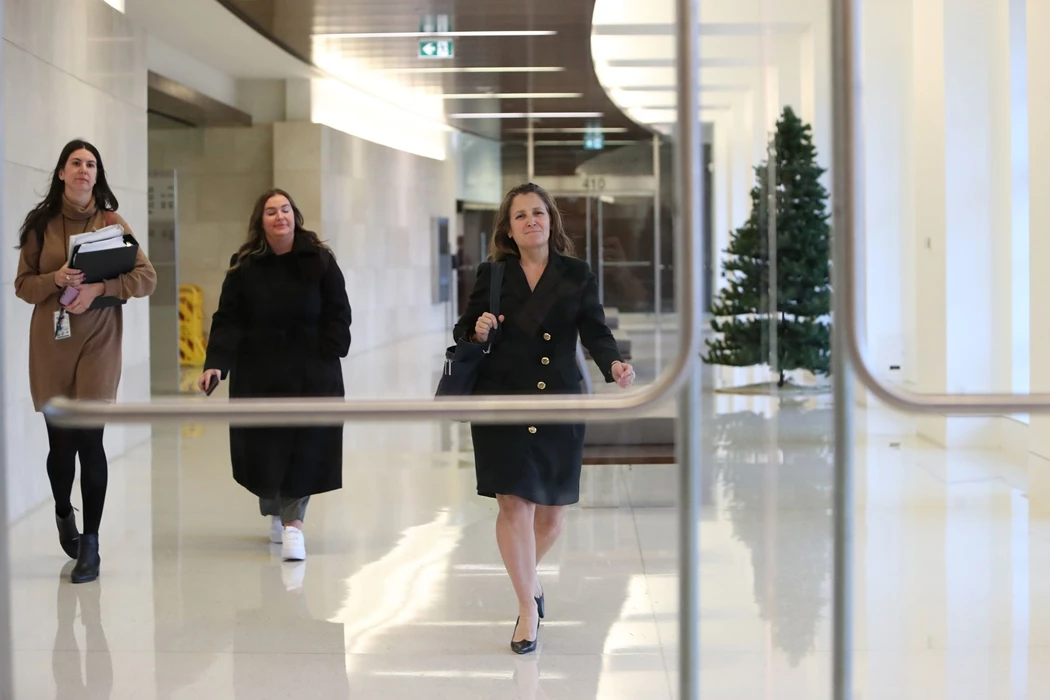Climate Groups Want Canada to Omit Blue Hydrogen From Subsidies
(Bloomberg) -- A coalition of climate groups and academics is asking Finance Minister Chrystia Freeland to exclude projects derived from fossil fuels from the Canadian government’s hydrogen production tax incentive.
It’s the latest example of environmentalists clashing with some parts of Prime Minister Justin Trudeau’s climate agenda. Last year, some of the same people unsuccessfully urged Freeland not to give tax incentives to carbon capture projects, arguing they effectively subsidize fossil fuel companies and stimulate more oil production.
Instead, the government unveiled a carbon capture credit worth more than C$7 billion ($5.2 billion) through 2030. It’s also under pressure to sweeten incentives as Trudeau races to keep Canada competitive with the US after the passage of the Inflation Reduction Act.

The hydrogen production credit was promised in November’s budget update, and the government is currently consulting on its final design. For the lowest-emissions projects, the credit would apply to at least 40% of the investment costs, the budget document said.
In a letter to Freeland this week, the coalition of 55 organizations — including Greenpeace and the Sierra Club — and 110 academics warned that “if the proposed investment tax credit for hydrogen is poorly designed, it could be used to subsidize fossil-hydrogen technology.”
That is largely a reference to so-called blue hydrogen, where steam is used to separate natural gas into hydrogen and carbon dioxide. Companies often pair blue hydrogen proposals with carbon capture to lower the emissions — another point of contention with groups skeptical of the effectiveness of the technology.
“The tax credit should not be made available to any form of fossil-derived hydrogen,” the coalition said. It argued the credit should also not go to projects that could be using alternative clean energy sources, citing home heating and power generation as examples.
The coalition also called on Freeland not to allow the hydrogen credit to be stackable with the carbon capture incentive, arguing that technology is “neither economically sound nor proven at scale, with a track record of massive cost overruns and less than promised performance.”
Hydrogen plants typically operate for 30 years, the coalition said, meaning any new projects approved now will be operating for decades into the future.
“The only scalable and truly near-zero emissions hydrogen is produced from water using renewable energy (including solar, wind, geothermal and hydro power),” it said. “Investing in fossil hydrogen would lock Canada into a future of fossil fuel use and methane emissions leakages.”
More details on the design of the hydrogen tax credit may come in the government’s spring budget, typically published in March or April.
More stories like this are available on bloomberg.com
©2023 Bloomberg L.P.





